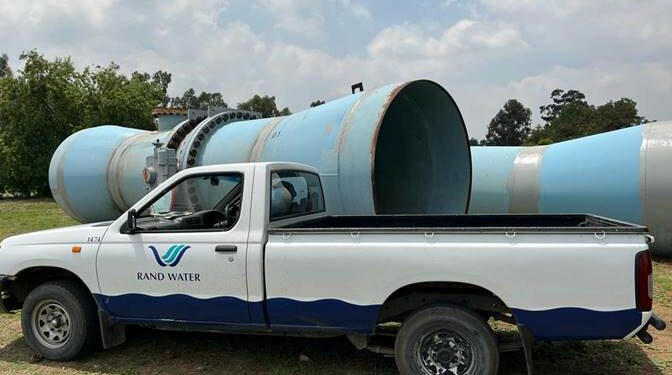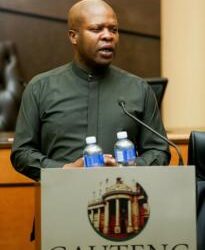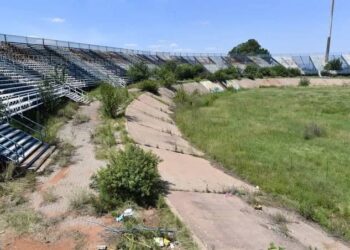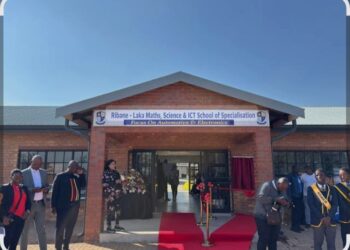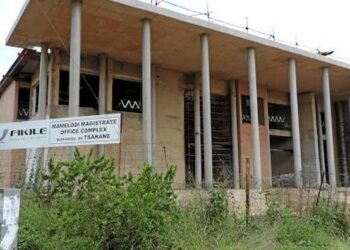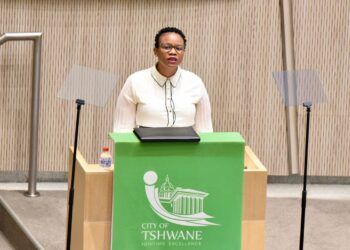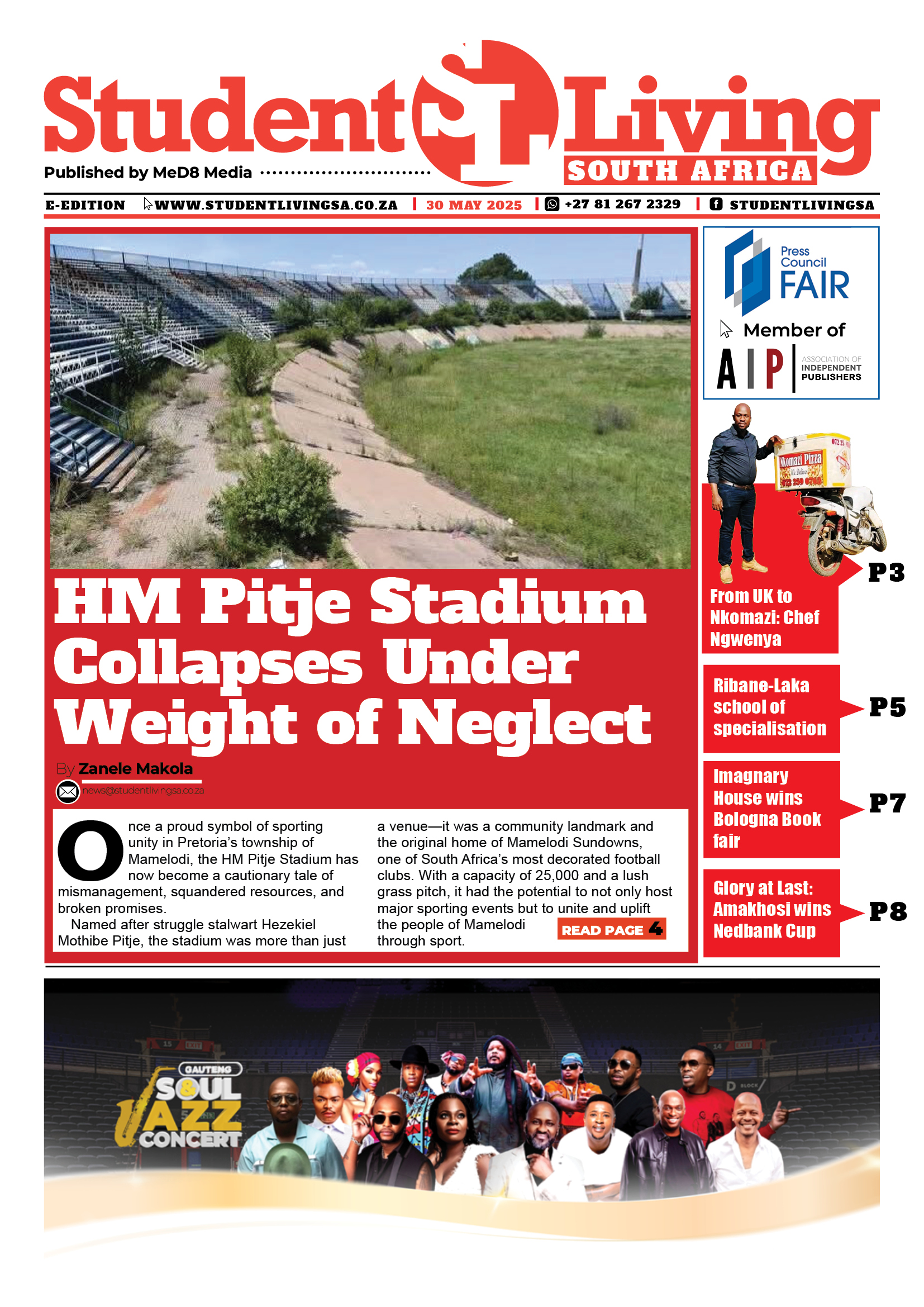BY: Magadu Mashudu
Even though Rand Water has been trying hard, they are still facing difficulties due to municipalities not paying for the water they receive and constant power outages and load shedding.
Although South Africa’s national grid appears to be getting more stable, the main water provider is still experiencing many power outages. The CEO of Rand Water, Sipho Mosai, mentioned on Wednesday that getting electricity is still a big problem. Whenever there is a power outage or load shedding, it takes a long time for the water pumps, reservoirs, and other important equipment to get back to normal.

“We have been left with no option, like everyone else, but to find alternatives and reduce the dependency on the national grid,” he told the media during a briefing.
Riana Skamagas from Rand Water said they follow the safety, health, environment, and quality (SHEQ) policy and are committed to standards and risk control of water. “Rand Water Zuikerbosch is a National Key Point servicing 12 million customers, with four water treatment plants which follow Rand Water values,” said Skamagas.
Rand Water is planning a scheduled outage to turn off the B11 pipeline and connect it to the new B19 pipeline. They will be installing valve rigs in chambers cut into the pipes and performing other work at the Vereeniging, Lethabo, and Eikenhof pump stations during the shutdown.
In the coming days, approximately 600 megalitres of water will be taken out of the B11 pipeline and returned to the Vaal River. This amount of water is equal to filling over 9,000 swimming pools and makes up around 13% of all the water in the system.
“I am on-site and casting my eyes wide to make sure nobody is left waiting more than two minutes. If we mess up, the confidence in us is lost. We have to prove ourselves to the people, and when we say we will do the work in 54 hours, that is what we have to do. We want people to trust us and believe in us,” said engineer Eddie Singo.
This involves the National Treasury telling Rand Water to use the money for water provision, the Department of Water and Sanitation (DWS) helping with grants, aiding with debt relief, adjusting Rand Water’s financial year-end to match with municipalities, and re-evaluating the water services model to ensure funds are kept separate using new public utilities and special purpose vehicles.


